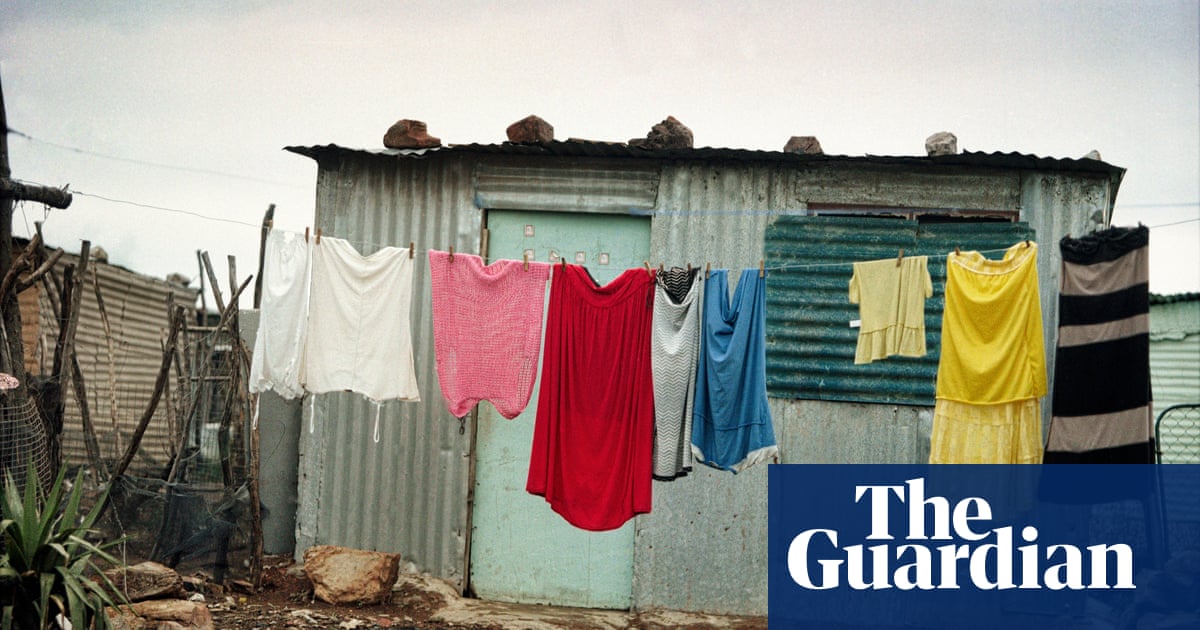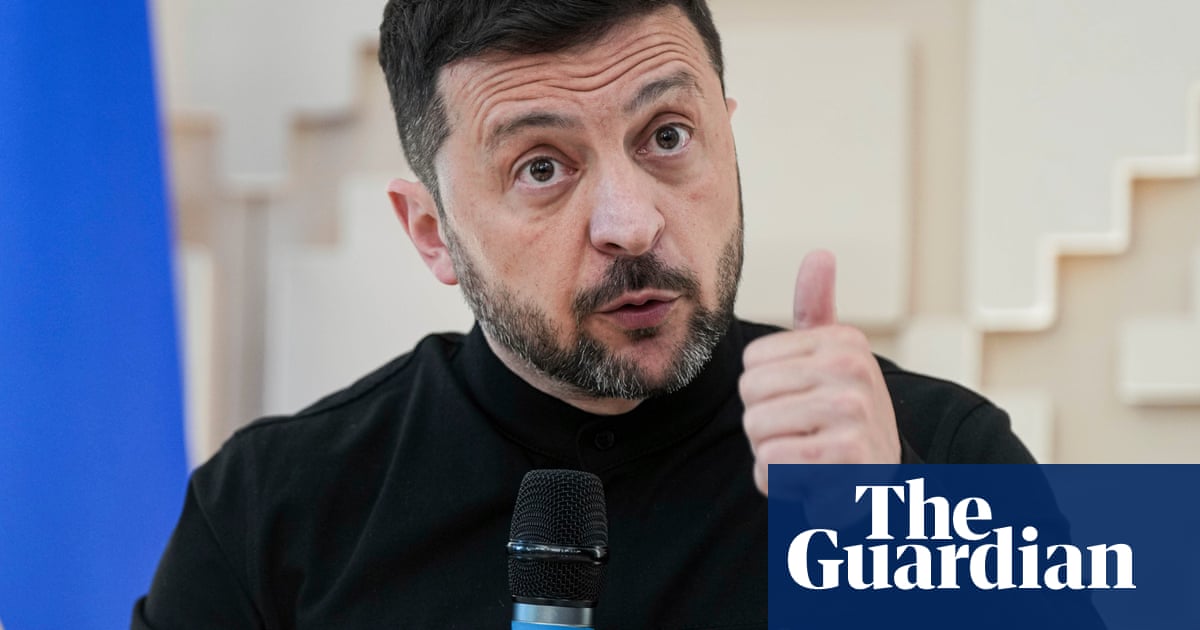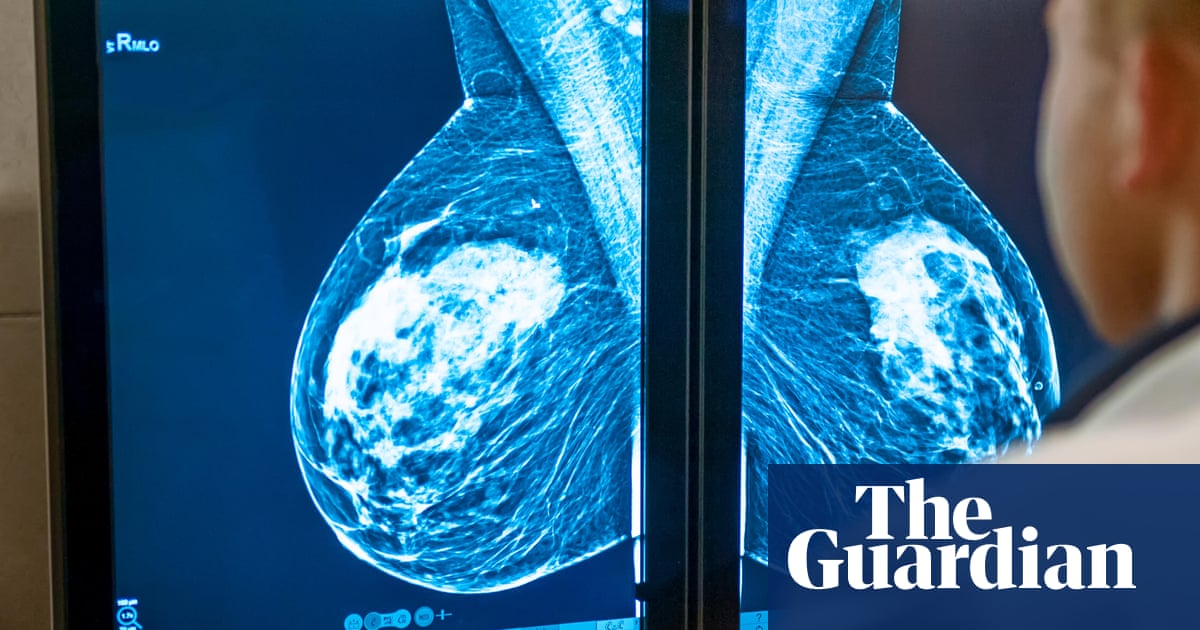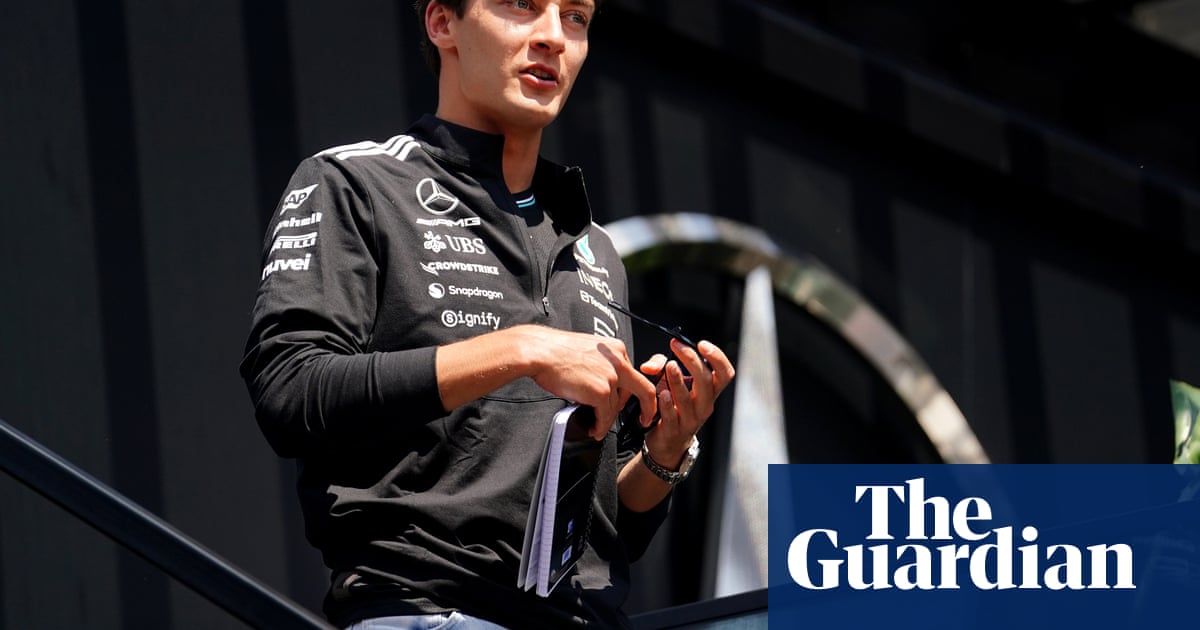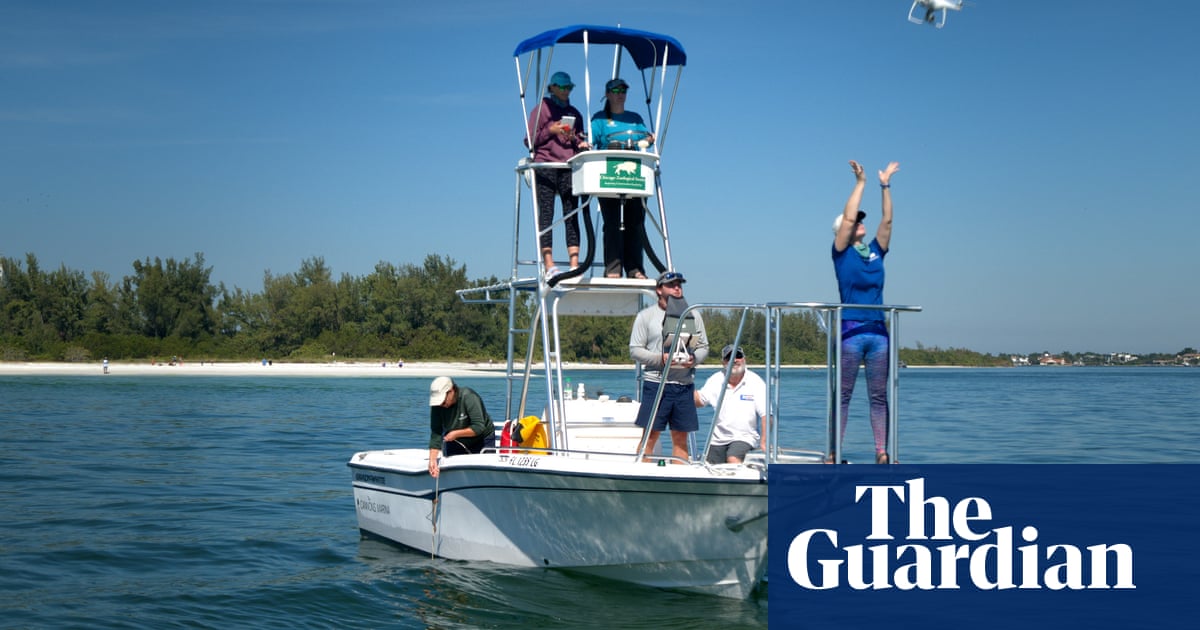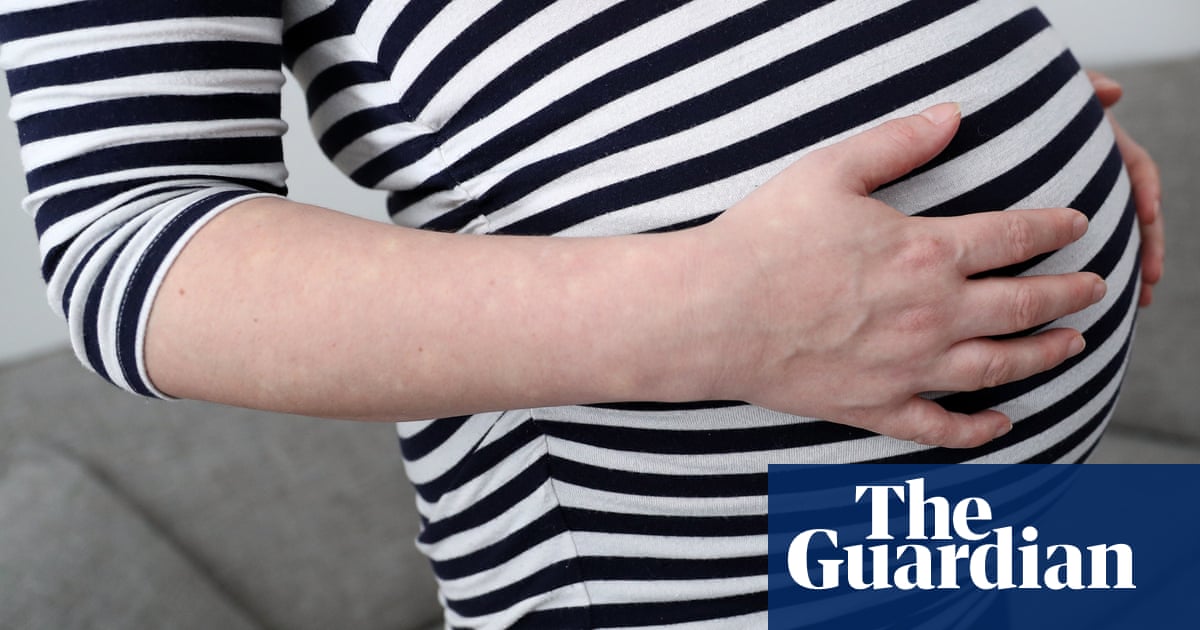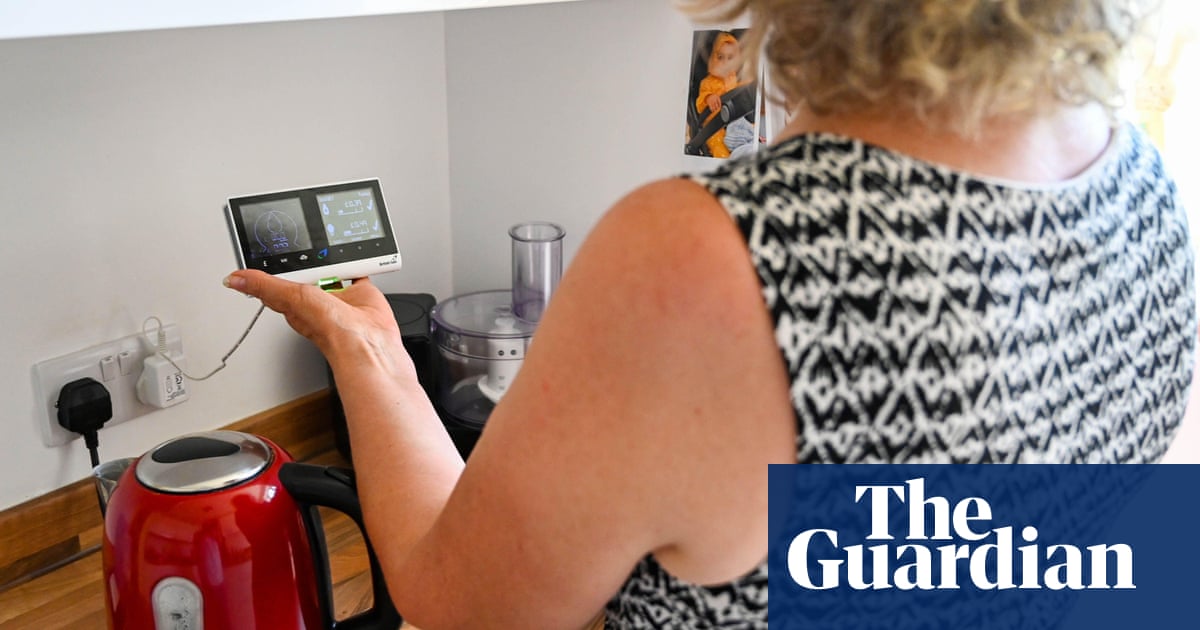Keir Starmer has been accused of overseeing a diplomatic “embarrassment” after arriving in Albania to promote a policy of establishing “return hubs” for refused asylum seekers only for his counterpart to rule it out.
The prime minister confirmed that refused asylum seekers could be sent to facilities abroad, which would function as detention centres, once they had exhausted all avenues of appeal against rejection of their application to stay in the UK.
The proposals risked being overshadowed by remarks from the Albanian prime minister, Edi Rama, who used a joint press conference with Starmer to highlight his country’s refusal to engage in such negotiations.
He remarks could be seen as problematic for Starmer, who has sought to position migration cooperation as a cornerstone of broader European engagement. On Wednesday night, the Times reported that Albania was one of the UK’s preferred options for a hub.
British officials had hoped to establish return hubs in the western Balkans, with Albania previously seen as a potential partner.
The Conservatives claimed that Starmer’s trip and policy announcement had been exposed by Rama’s remarks. Chris Philp, the shadow home secretary, said: “This trip is an embarrassment. Starmer jetted off and now the Albanian prime minister has made clear that there will be no UK return hubs in Albania. So, what was the point of this entire visit?”
Starmer refused to reveal with which countries the UK was in talks. He told GB News that officials had begun formal negotiations with potential host countries.
“What now we want to do and are having discussions of, talks of, is return hubs, which is where someone has been through the system in the UK, they need to be returned and we have to make sure they’re returned effectively, and we’ll do that, if we can, through return hubs,” he said.
If they are established, the return hubs will be used to process asylum seekers who have lost their paperwork or who are seen as trying to frustrate their deportation.
Downing Street confirmed the plan but gave few other details. Starmer’s official spokesperson said: “We are having formal discussions with partners across Europe on the prospects of collaborating on returns hubs. Returns hubs are targeted at failed asylum seekers who have exhausted all legal routes to remain in the UK but are currently here, costing millions of taxpayers.”
He said the aim was to focus on asylum seekers whose legal routes had ended but were using “stalling tactics”, which he said included saying they had lost their documentation, or who were starting a family.
Removing people to their home countries was difficult under such circumstances, the spokesperson said, but there were fewer legal obstacles to taking them to a third country where the processing would continue.
Rama, distancing himself from the UK’s proposals, said: “We have been asked by several countries if we were open to it and we said no, because we are loyal to the marriage with Italy and the rest is just love.”
Italy has two detention centres in Albania to process refused asylum seekers, with 40 people so far sent to the centres despite a number of legal challenges.
Enver Solomon, the chief executive of the Refugee Council, said: “Threatening to detain people in countries they’ve never set foot in causes fear and panic, leading to low rates of compliance. Returning people who don’t have a right to be in the UK is an important part of a functioning asylum system but these proposed return hubs are deceptive. They will not return people to the countries they have fled but send them to countries like Albania, to be detained in prison-like conditions.
“The government’s approach to returns must be based on evidence if it’s going to work and it is clear that the most effective returns systems are not punitive but orderly and humane.”
This week the number of people crossing the Channel in small boats passed 12,000 for the year to date, putting 2025 on course to be a record year for such crossings.
Starmer accepted that establishing return hubs would not be a “silver bullet” for curbing the crossings.
In March, the EU announced it had approved of member states pursuing the approach of returns hubs. The Netherlands is involved in negotiations with Uganda about the possibility of opening a return hub.
The UN refugee agency has also endorsed the idea of return hubs, which is significant given that the UN intervened against the Conservative government’s Rwanda scheme, which led to it being ruled unlawful.

.png) 5 hours ago
2
5 hours ago
2
